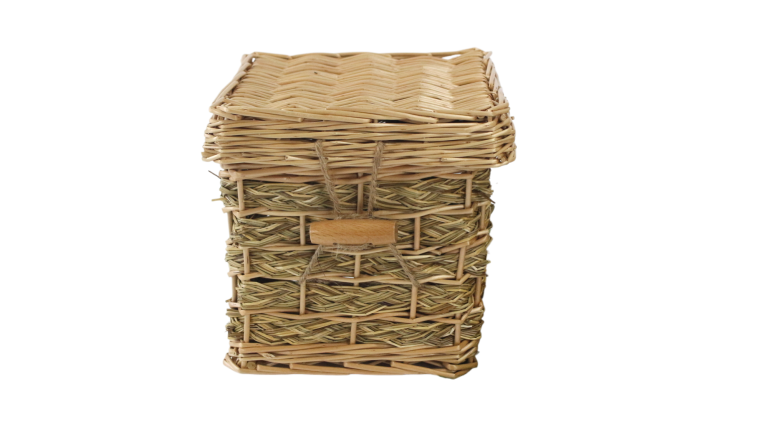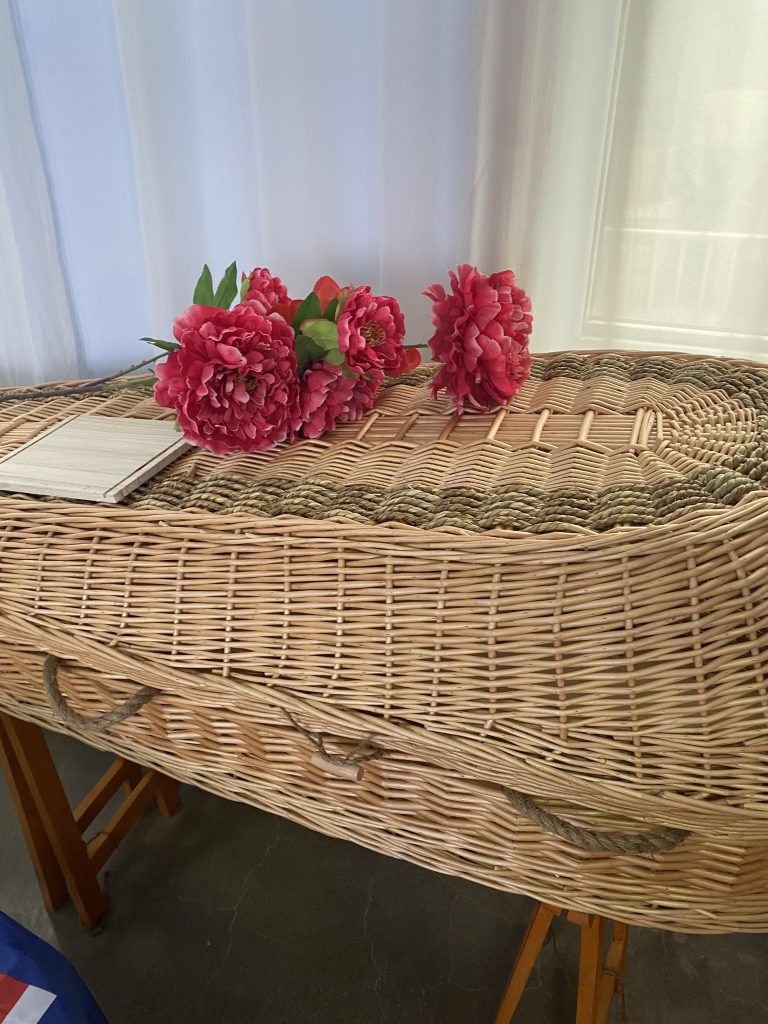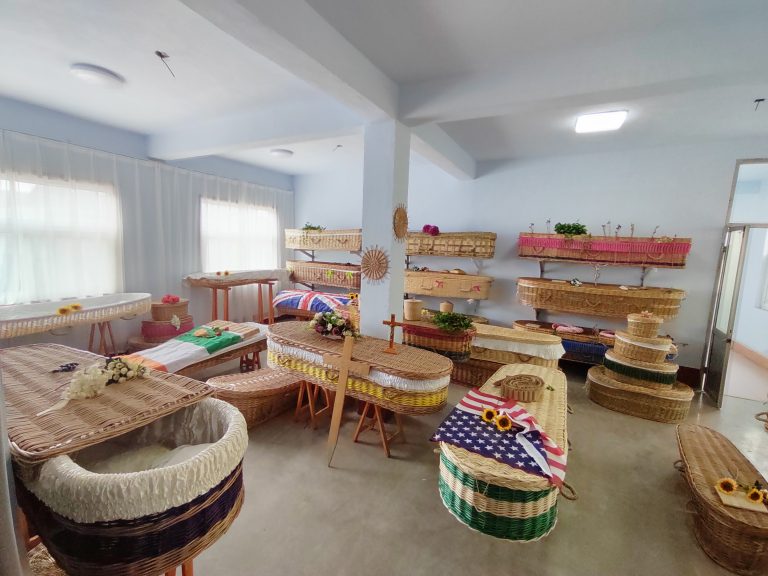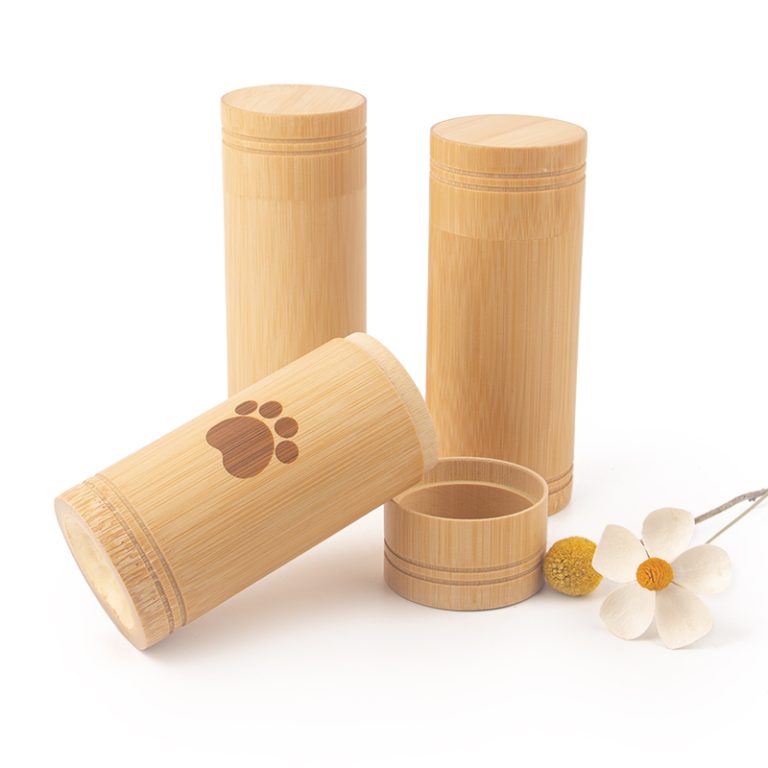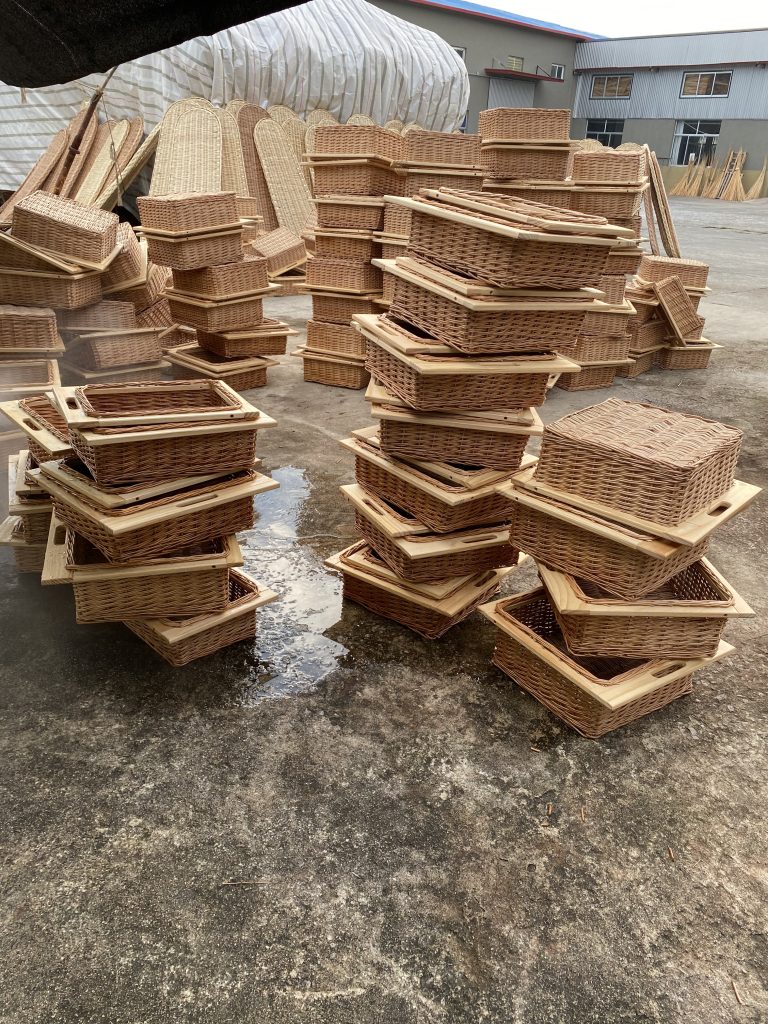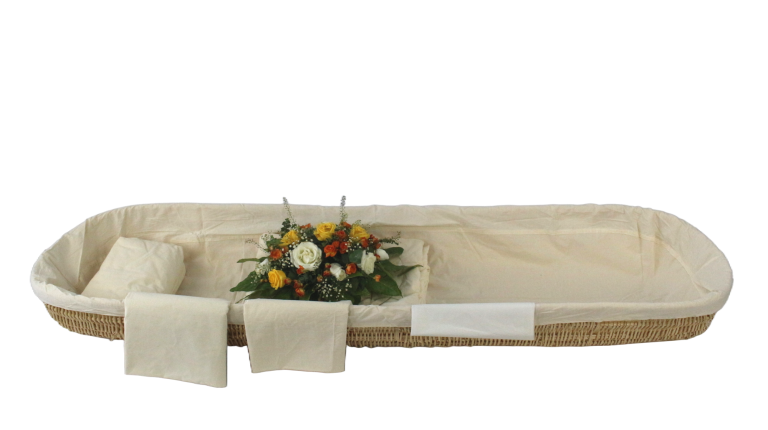The rising demand for eco-friendly funeral practices has sparked debates about the cost-effectiveness of biodegradable coffins compared to traditional alternatives. While sustainability is increasingly prioritized, financial considerations remain a critical factor for families and industries alike. This article explores the pricing dynamics, regional variations, and long-term value propositions of biodegradable coffins on a global scale.
1. Material Costs: A Double-Edged Sword
Biodegradable coffins, crafted from bamboo, willow, recycled cardboard, or mushroom mycelium, often leverage renewable or waste-derived materials. For instance, bamboo coffins, popular in Asia, cost 20–30% less than hardwood caskets due to faster growth cycles and lower processing costs . Similarly, cardboard coffins, such as those offered by Australian providers like Bare, are priced 30–50% lower than traditional pine or metal options . However, specialized materials like fungal-based “living coffins” (e.g., Loop Biotech’s €3,000–€4,000 models) or handwoven seagrass caskets can exceed traditional pricing due to niche production methods .
2. Regional Pricing Disparities
Market dynamics vary significantly by region:
• North America & Europe: Biodegradable coffins dominate the premium segment. For example, U.S. brands like GreenRest offer customizable bamboo coffins at 1,200–3,500, comparable to mid-range hardwood caskets (2,000–5,000) . However, regulatory shifts, such as France’s 2023 ban on non-biodegradable coffins, are driving down costs through economies of scale .
• Asia-Pacific: Cost advantages are pronounced. In China, mushroom-based coffins retail for ¥1,300–¥3,300 (180–460), far below traditional mahogany caskets (1,500–10,000) . India’s electric crematoriums, paired with jute shrouds, reduce expenses by 40% compared to wood pyres .
3. Hidden Costs of Traditional Coffins
Traditional options often involve indirect expenses:
• Embalming & Maintenance: Formaldehyde-based embalming adds 500–1,200 to U.S. funeral costs, while biodegradable coffins eliminate this step .
• Vault Requirements: Many cemeteries mandate concrete vaults for wooden caskets, inflating costs by 1,000–3,000. Biodegradable coffins, accepted in natural burial sites, bypass these fees .
• Long-Term Storage: Mahogany or bronze caskets, marketed as heirlooms, incur storage costs in mausoleums, averaging 50–200 annually .
4. Consumer Perception vs. Reality
Despite myths, biodegradable coffins are often more affordable:
• Direct Cremation: Cardboard coffins (300–800) are cheaper than traditional models (2,000–10,000) and align with rising cremation rates (57% in the U.S.) .
• Customization: While handcrafted willow coffins (1,500–3,000) cost more than pine caskets (800–1,500), they appeal to eco-conscious demographics willing to pay premiums for sustainability .
5. Future Trends: Scaling Sustainability
Advancements in material science and policy support are reshaping pricing:
• Mass Production: Bamboo coffins, now standardized in Southeast Asia, could see price drops of 20–30% by 2030 due to increased adoption .
• Government Incentives: Tax rebates for eco-friendly funerals (e.g., Canada’s 2023 program) are making biodegradable options accessible to middle-income households .
• Hybrid Models: Companies like Sweden’s Promessa offer freeze-drying cremation (3,000–5,000) paired with biodegradable urns, balancing cost and sustainability .
Conclusion
Biodegradable coffins are not inherently more expensive than traditional alternatives. Their cost-effectiveness depends on regional material availability, regulatory frameworks, and consumer willingness to prioritize sustainability. As global markets mature, economies of scale and innovative designs are likely to narrow price gaps, making eco-friendly options mainstream. For environmentally conscious families, the long-term environmental savings—preserving ecosystems and reducing carbon footprints—often outweigh upfront financial considerations.
In a world grappling with climate change, the coffin industry exemplifies how sustainability and affordability can coexist, driven by innovation and shifting values.
Roconly Funeral Supplies Co.,Ltd.
Whatsapp: +86-18265103836 (Whatsapp & Wechat & Tel)
Email: jason@roconly.com
#roconlycoffins#everecoffin#willowcoffins#bamboocoffins#burialflowerbands #naturalfuneral#flowerbands#woodcross#shrouds#cremation#greenfuneral #craftsmanship #chinafactory
We are a factory supporting eco friendly green funeral(natural willow coffins\bamboo caskets and so on) .. for detail please contact us www.roconly.com;
Whatsapp: +86-18265103836 (Whatsapp & Wechat & Tel)
Email: jason@roconly.comWe spend so much of our lives at work so we shouldn’t have to hide our experiences of death and dying from our colleagues, peers or bosses#roconlycoffins #everecoffin #naturalburial#greenfuneral#ashurns #peturns @everyone@followers
